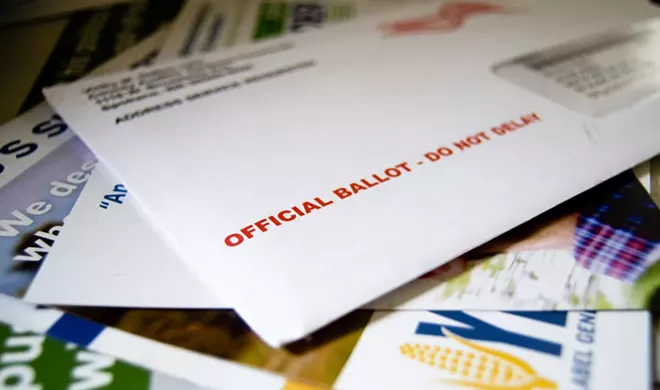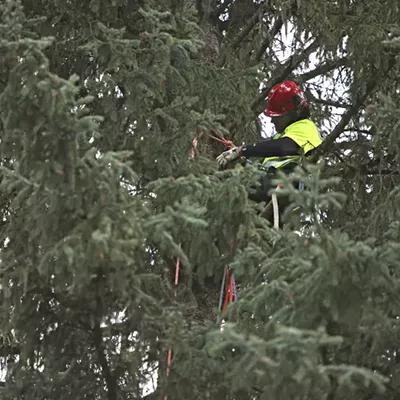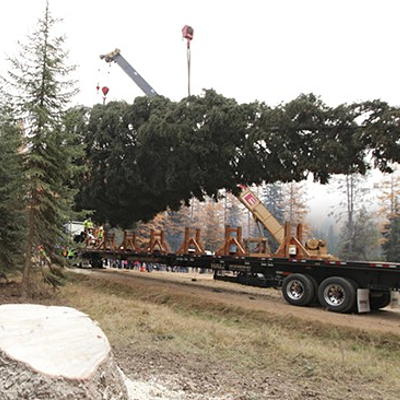Saturday, November 2, 2013
What political campaigns know about your ballot and how they're using it
There's no question our political system is getting more and more complex, thanks to technology. Based on our demographics — age, gender, Facebook likes — candidates and political parties, like advertisers, target us based on who we are to sell us a particular brand of their message.
In local elections, things may not be quite so dramatic, but campaigns are utilizing new resources to know more about every voter.
Spokane County Auditor Vicky Dalton says in recent years campaigns have begun requesting information not only about voter registration, but also reports known as "match-backs." The reports, updated in real time as the elections office receives ballots and runs them through its sorting machines, show who's returned their ballot and who returned a ballot but forgot to sign it. Parties and campaigns compare all that data to their own lists of voters (think: voters in a certain neighborhood they're targeting or people who've signed up to receive their updates) and target voters on that list who haven't returned their ballots or have missing signatures.
"For campaigns, it's about resources," Dalton says. "They only want to contact voters who have not returned their ballots."
Some private companies combine publicly available information with details from other public records or web resources, and sell campaigns a detailed list of voters in a certain city or neighborhood, says Spokane County Elections Manager Mike McLaughlin.
To be clear, no campaign, party or election official can see your actual ballot or how you voted, but the following pieces of information are public:
- name
- address
- gender
- birthday
- whether you returned your ballot
- whether it's missing a signature*
- the ballot envelope itself, where voters are asked to sign
*Voter beware: If you forgot to sign your ballot, no campaign or party should ask you for your signature. If someone returns a ballot without a signature, the auditor sends them a letter they're asked to sign and return. Some campaigns and parties have taken things one step further, gathering those missing signatures. "We do not want parties or campaigns inserting themselves in this process," Dalton says. "We do not want anyone else who does not work for my office collecting signatures and turning them in to us — or failing to."
In some of the last decade's "excruciatingly close" state and U.S. congressional races in the county, Dalton says voters have complained of candidate campaigns or parties hounding them for their vote. Take the 2008 race for a state House seat in the 6th District, which wraps around the west side of Spokane, when John Driscoll beat John Ahern by just 74 votes.
"On Election Night when everyone figured out it was going to be incredibly close, every single person who was [designated] 'missing signature' or 'no signature' was contacted over and over and over again by both campaigns," Dalton says. "We had people calling us and yelling at us, 'Make these people stop!'"
Ultimately, resistance may be futile. In this year's upcoming election, McLaughlin says he's had requests for voter records from campaigns for Spokane City Council (Citizens to Elect Michael Cannon, Friends of Candace Mumm, Citizens for John Ahern), the Washington State Republican Party, the Spokane GOP Executive Committee, the Spokane County Democratic Party, Douthitt for Spokane Schools and others.
And with negative campaign ads often hitting in the final two days before elections, Dalton says campaigns have learned they may have to double down on voters in the last moments, "and there's no point in contacting people who've already turned their ballots in."
"This is all going to change," Dalton says. "Fifteen years ago, this was just barely in its infancy, what was available about individual voters. Give it a few more years and there's going to be even more history about individual voters."
Tags: News , Election 2013 , Politics , Image

















